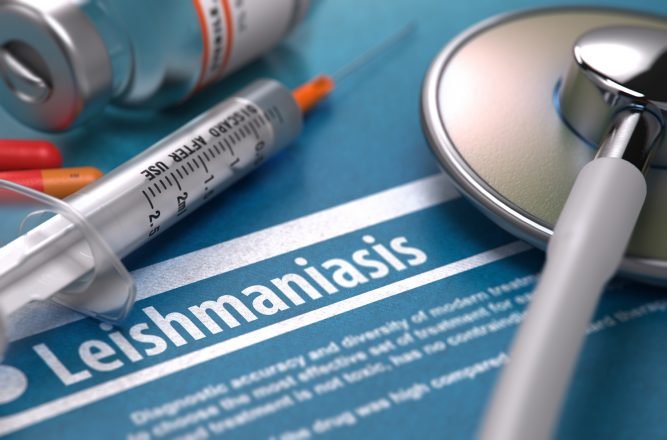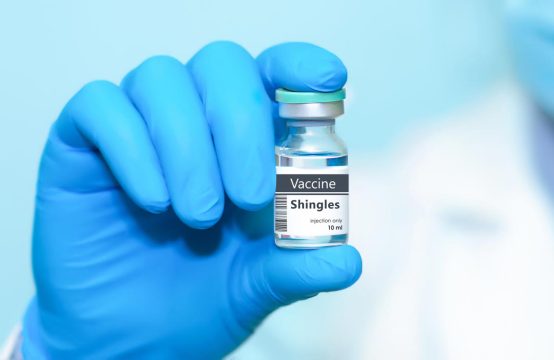Advertisment
New milestone in search for leishmaniasis vaccine

Researchers have taken an important step forward in developing a controlled human infection model to test leishmaniasis vaccines.
Around one billion people globally are estimated to be at risk of being infected with leishmaniasis in more than 98 countries.
A study led by the University of York has identified and characterised a new strain of Leishmania parasite that will form the basis of a new controlled human infection model for the disease which is transmitted by the bite of sand flies. The team then produced the parasite to the standards required for use in human clinical studies. Their work was published in Nature Communications.
The use of controlled human infection models has already proved invaluable in accelerating vaccine development for cholera, malaria, typhoid, influenza and other important infectious diseases, according to the scientists. Such models are also being developed as part of the fight against COVID-19.
‘This is an important milestone for leishmaniasis vaccine development, bringing us a step closer to having the tools needed to evaluate potentially life-saving or life-changing vaccines in a timely and cost-effective manner,’ said Professor Paul Kaye from the Hull York Medical School who led the study.
‘Reducing the financial burden associated with large scale clinical trials is of particular significance, given the limited funding available to develop vaccines for neglected diseases such as leishmaniasis.’
The next phase of the research project will seek to recruit healthy volunteers to participate in a clinical trial to see how the body responds to the parasite and to determine how many participants are needed in future vaccine trials to determine vaccine efficacy.
Leishmaniasis is characterised by slow-to-heal skin ulcers that may spread to other areas of the body or mucosal surfaces causing lifelong stigma, or to the internal organs resulting in the potentially fatal visceral leishmaniasis. Current drug treatments are inadequate and there are currently no vaccines for human leishmaniasis. There are a reported 1,500,000 new cases and 20,000-30,000 deaths annually.





